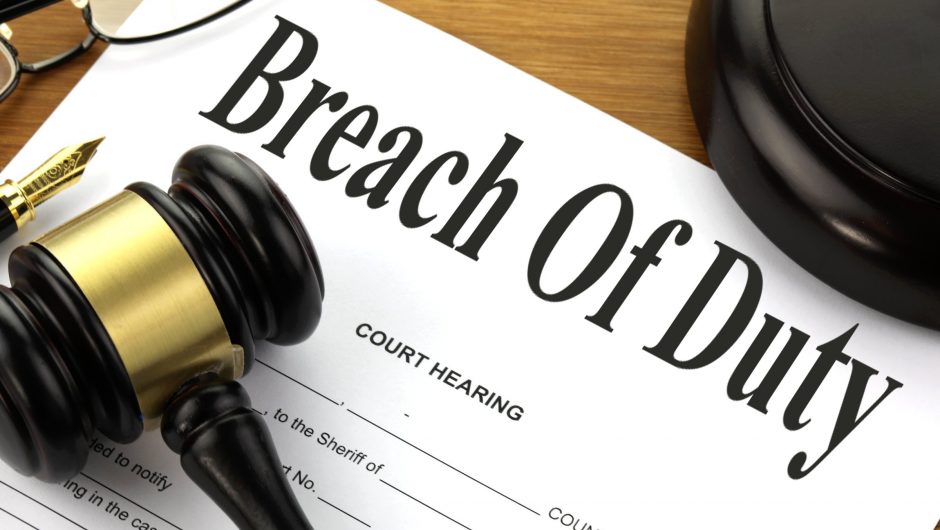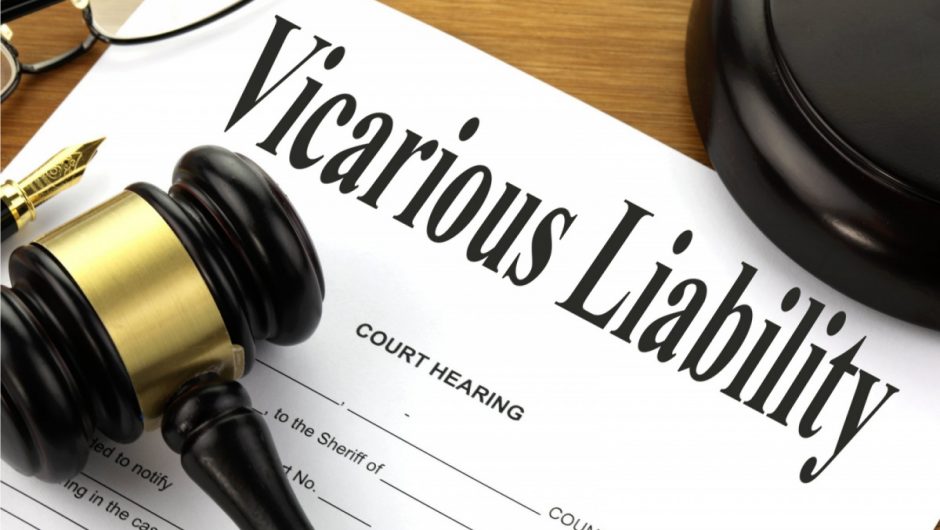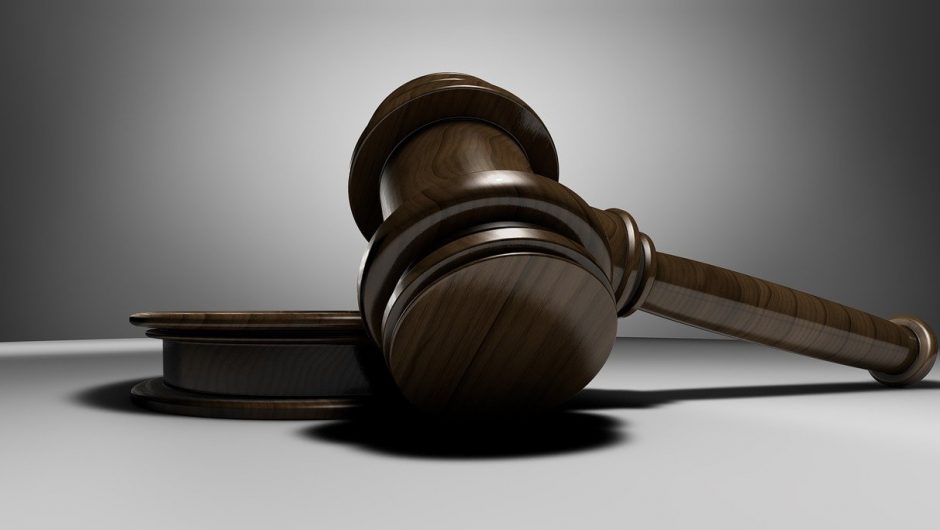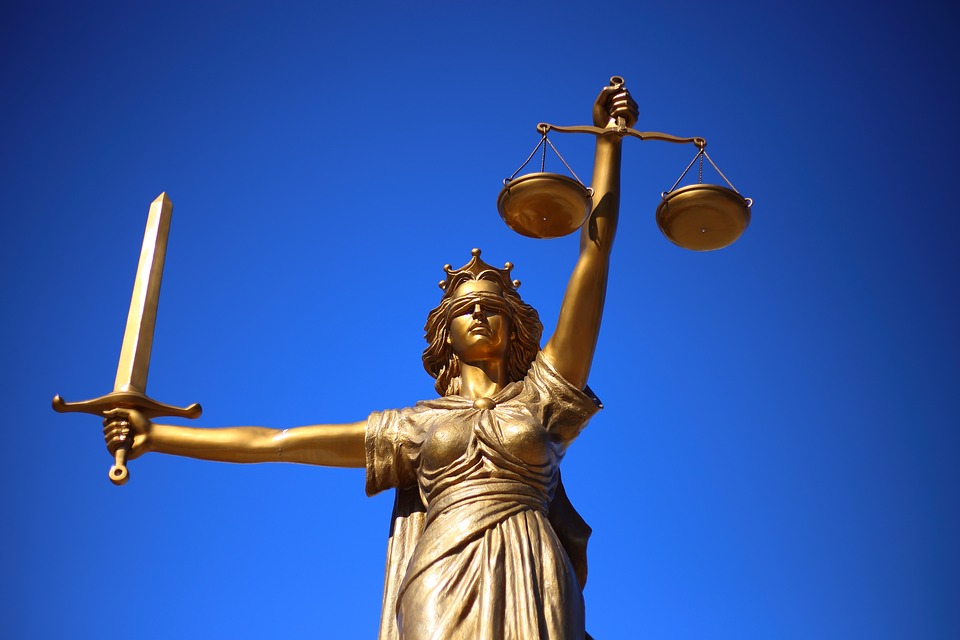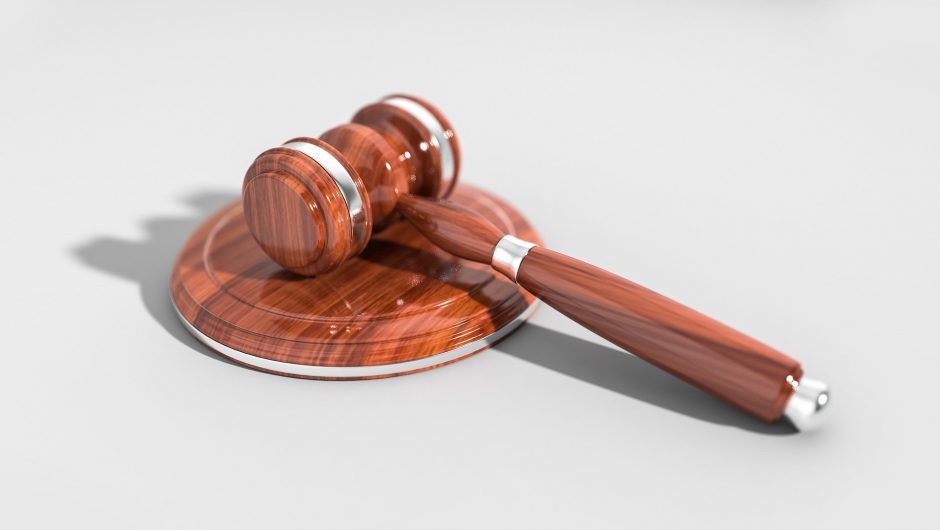An executor of an estate wears several hats to accomplish their duties. During the probate process, this position becomes an important part of getting things done. It’s a job that has a long way to the finish line but is well worth the wait.
8 Roles Assumed by an Executor of Estate
Paperwork Filing
The local probate court requires a copy of the will to move forward. The executor should understand the contents of the will before releasing it to the court. With the provided details, it is clear who will inherit properties and assets.
Notify Relevant Parties
This is the hardest and longest part of the probate process. The executor has to notify all relevant parties of the decedent’s death. This includes credit card companies, government agencies, and banks. Each agency will have its own set of questions or requirements for confirmation.
Inheritance Laws
Sometimes probate isn’t always necessary. Passing along properties and assets is a complicated issue that is different for each case. The executor has to determine the best course of action for the current process and may choose an expedited process when available. Finding out how to proceed relies on the executor going through all of the relevant information.
Prepare For Court
Court appearances can become a mandatory requirement to complete the probate process. Usually, the cases are about fact-checking, but there are also cases that involve family members contesting specific portions of the will. It’s not uncommon for a family member to sue an executor that they feel is being unfair with the administering of assets.
Bank Account Setup
Bills have a tendency to pile up after someone passes away. This is why it’s important for the executor to take control while the family grieves. A bank account needs to be set up so that incoming money can be recorded and incoming bills can be paid. The executor can also get late fees waived by providing proof of death to companies. In some cases, they are given a chance to temporarily freeze bills until estate matters are settled.
Maintenance of Assets and Property
Probate doesn’t happen overnight. There is an expectation of maintenance before the property or assets are distributed to the heirs. This protection extends to situations where the house is sold and the personal property in the house needs to be moved.
Pay What’s Owed
All debts and taxes need to be paid based on the current state laws. Depending on the size of the estate, federal estate taxes will need to be accounted for. The date of filing should take place for the current year and up to the former owners passing.
Distribute and Dispose
Once all bills, taxes, and court cases are done, distribution takes place. Assets are handed out according to the information provided in the will. Any assets that are unaccounted for can be disposed of by the executor. This is quite a complex task, and may also end up with a lengthy court case. Usually, disposal disputes can be handled out of court. An executor has the ability to talk to the current heirs so that they can come to an agreement over the leftover assets.
An Important Role
There is a lot of honor involved with being an executor of estate. Several people put their trust in an executor to handle probate. By doing the job quickly, the probate process will be less stressful for everyone involved.



